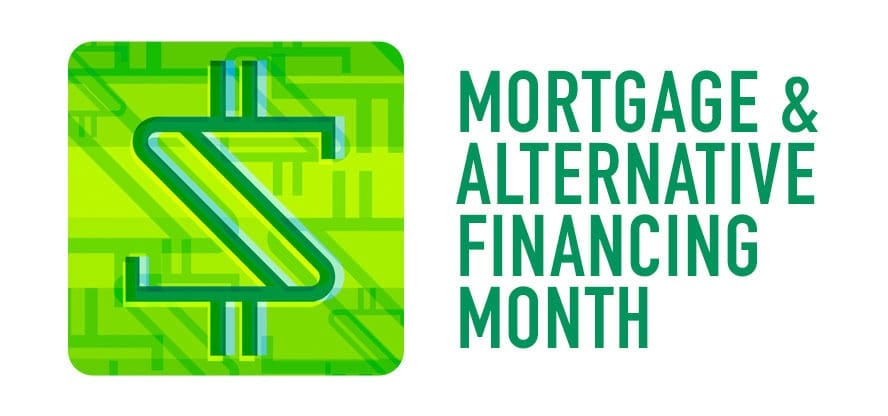In May, we’ll go deep on money and finance for a special theme month, by talking to leaders about where the mortgage market is heading and how technology and business strategies are evolving to suit the needs of buyers now. A prestigious new set of awards, called Best of Finance, debuts this month too, celebrating the leaders in this space. And subscribe to Mortgage Brief for weekly updates all year long.
A deep dive into a recently expanded dataset mortgage lenders must provide to regulators confirms that it pays to shop around for the best rate — particularly for borrowers seeking jumbo, FHA or VA loans.
Across all types of loans, the disparity in annual percentage rate (APR) among top lenders tended to hover around half a percentage point, researchers at the Consumer Financial Protection Bureau found. That means a homebuyer taking out a $300,000 loan with a 7 percent rate instead of 6.5 percent could end up overpaying by $1,200 a year.
But there was even greater price dispersion among the biggest lenders offering government-backed FHA and VA loans.
After adjusting for factors like credit score and combined loan-to-value (LTV) ratios, the rate disparity among the top 20 FHA lenders was 61 basis points. At 64 basis points, the rate spread among top VA lenders was the widest of all.
One basis point equals one hundredth of a percentage point, so a 64-basis point spread means that if the lowest rate offered was 6.5 percent, the highest rate offered would have been 7.14 percent.
Mortgage price dispersion by loan type

Disparity in annual percentage rates (APRs) offered in 2021 by top 20 lenders in each loan category. Source: Consumer Financial Protection Bureau.
The rate spread among the top 20 lenders offering conventional mortgages eligible for purchase or guarantee by Fannie Mae or Freddie Mac was considerably smaller, at around 41 basis points.
At 57 basis points, price dispersion among the top 20 providers of jumbo loans exceeding Fannie and Freddie’s loan limits was nearly as great as FHA and VA loans.
Expanded HMDA reporting provides new insights
Past studies have also highlighted the importance of shopping for the best rate. In February, researchers at Freddie Mac found that the disparity in rates offered by lenders doubled last year.
But CFPB researchers Alexei Alexandrov and Elizabeth Saunders were able to tease out even more granular details in their analysis of 2021 Home Mortgage Disclosure Act data. Before 2019, lenders didn’t have to report the annual percentage rate, or APR — a calculation that takes into account not only the interest rate but points, fees, and other lender charges — on the vast majority of mortgages.
Today, lenders must not only report APR but credit score, combined LTV and debt-to-income (DTI) ratios, “making it easier to compare loans apples-to-apples for all originators,” the researchers said in reporting their findings.
Some lenders may charge higher prices to higher risk borrowers. But Alexandrov and Saunders said they control for many traditionally used risk indicators. They also excluded borrowers with credit scores under 640 or debt-to-income ratios over 43 percent “for exactly those concerns.”
While their analysis reveals greater pricing disparity among lenders offering FHA, VA and jumbo mortgages, it doesn’t nail down exactly why that is. But Alexandrov and Saunders acknowledge that even when consumers have shopped around, they may not always choose the cheapest lender.
“Lenders are not the same,” the CFPB researchers wrote. “Some retain servicing, some market themselves on speed and ease of closing transactions, and some have physical branches near consumers.”
For some borrowers, “it is possible that these factors might outweigh the price differences – just like in retail a consumer might want to shop at the closest store or the cleanest store or a store that offers the same product for less, even if lacking other desirable attributes.”
According to a recent Fannie Mae analysis of eight years of consumer survey data, about one-third of prospective homebuyers only get a quote from one lender — a number that’s hardly changed over time.
Credit bureaus won’t ding your credit score if you do your rate shopping within a focused period of 30-45 days, and many mortgage comparison sites promise to help take the work out of shopping for the best rate.
But the CFPB warned the operators of such sites in February that they may be violating the law if they’re paid to steer consumers to a particular lender, “rather than basing their rankings on neutral criteria like the interest rates and fees charged by the lender.”
After finding the right lender, the CFPB also advises borrowers that they can save additional money by comparing costs for obtaining title insurance and settlement services.
Get Inman’s Mortgage Brief Newsletter delivered right to your inbox. A weekly roundup of all the biggest news in the world of mortgages and closings delivered every Wednesday. Click here to subscribe.













